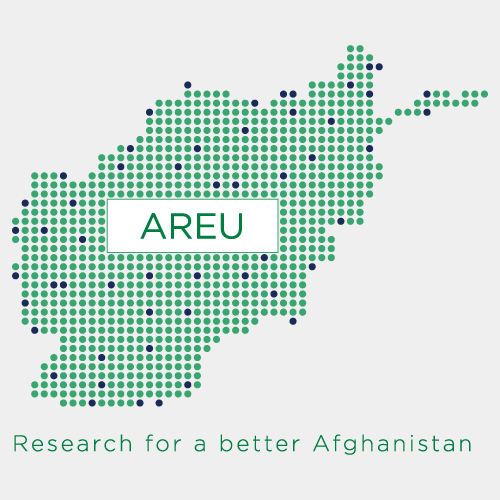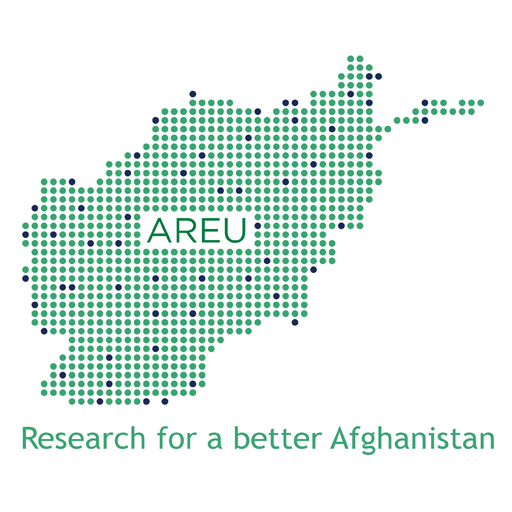
09 Apr Afghan Think-Tank (AREU) Launches New Research on the Constitution Chapter on Parliament Highlighting Mandate Versus Practice
The Afghanistan Research and Evaluation Unit (AREU) launched the findings of one of its recent research papers, “The Afghan Parliament: Constitutional Mandate Versus Practice in the Post 2001 Context†in a high-profile meeting on 28 January at the Serena Hotel in Kabul.
High-ranking government officials, speakers of both houses of parliament, legislators, representatives of national and international organizations, diplomats and civil society members, academia and the media attended the meeting on the launch of the paper funded by the United States Institute of Peace (USIP).
The paper briefly highlights the history of the parliament in Afghanistan and is of the view that the adoption of a new constitution in 2001 created a powerful bicameral parliament that embraced more mechanisms of checks and balance than before.
“The 2004 Constitution was drafted in a way to grant the parliament significant legislative and political oversight powers, and those who drafted it, expected that an elected parliament would be one of the most important foundations in achieving a representative democracy in war-shattered Afghanistan,†states the paper. It is further believed that such a parliament would be much more effective in overseeing the executive branch.
The paper also highlights the practices over the past 13 years that show the parliament has performed less than what might have been expected in 2004. According to the paper, an ill-suited electoral system coupled with systematic government interference, lack of accountability by members of the parliament and personality-based politics has created an undisciplined, fragmented and uncoordinated parliament.
“Moreover, the parliament has not effectively exercised some of its powers such as the establishment of special investigatory commissions that could improve its institutional capabilities†the paper states and adds that rather, members of parliament have mostly used powers such as the fight to impeach and remove government ministers as a tool to strengthen their individual, ethnic, religious or regional interests.
Orzala Nemat, AREU Director, said, “This study comes in a timely manner as initial results from the parliamentary elections in 2018 are announced. We expect government leadership, policymakers, and the newly elected parliamentarians to look into the future of parliament’s performance in light of findings and recommendations from this study.â€
The paper recommends that a transparent system for electing the members of the IEC and enhancing its integrity is needed, while cleaner rules that define the duties and organization of the IEC and the IECC would strengthen these two institutions. It further adds that Afghanistan’s most recent parliamentary elections last October revealed yet again the problems with the IEC and IECC and that unless these electoral institutions are reformed, Afghanistan might not be able to hold successful elections in the future.
AREU is an independent research institute based in Kabul that was established in 2002 by the assistance of the international community in Afghanistan. AREU’s mission is to inform and influence policy and practice by conducting high-quality, policy-relevant, evidence-based research and actively disseminating the results and promote a culture of research and learning.
AREU achieves its mission by engaging with policymakers, civil society, researchers and academics to promote their use of AREU’s research-based publications and its library, strengthening their research capacity and creating opportunities for analysis, reflection and debate.
AREU is governed by a Board of Directors comprised of representatives of donor organizations, embassies, the United Nations and other multilateral agencies, Afghan civil society and independent experts.

